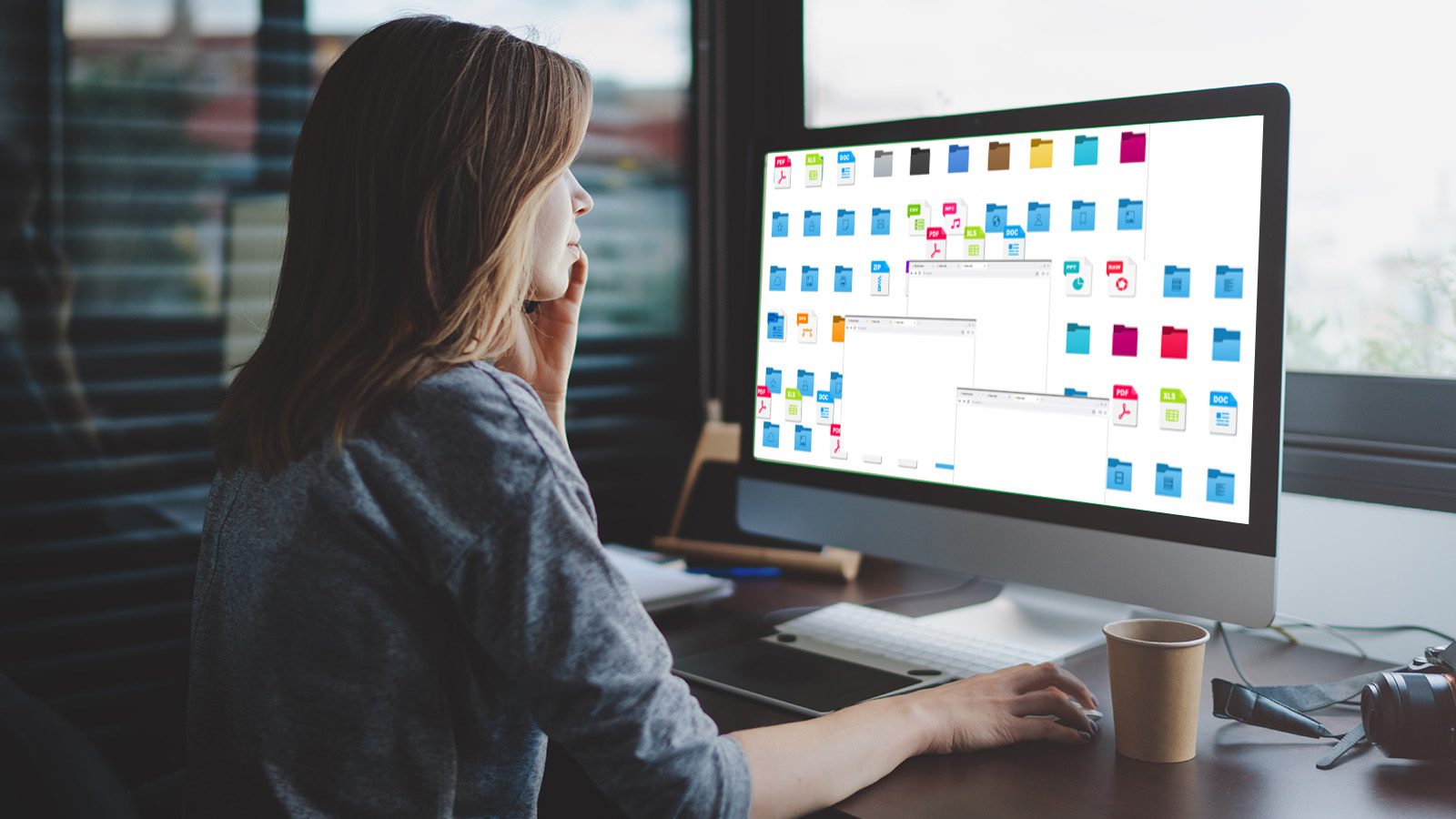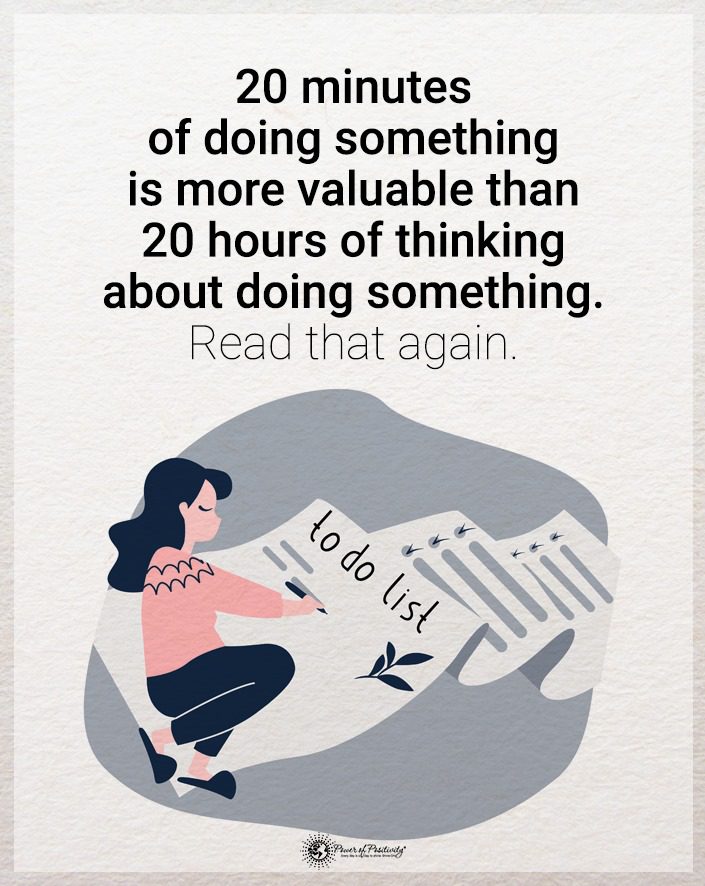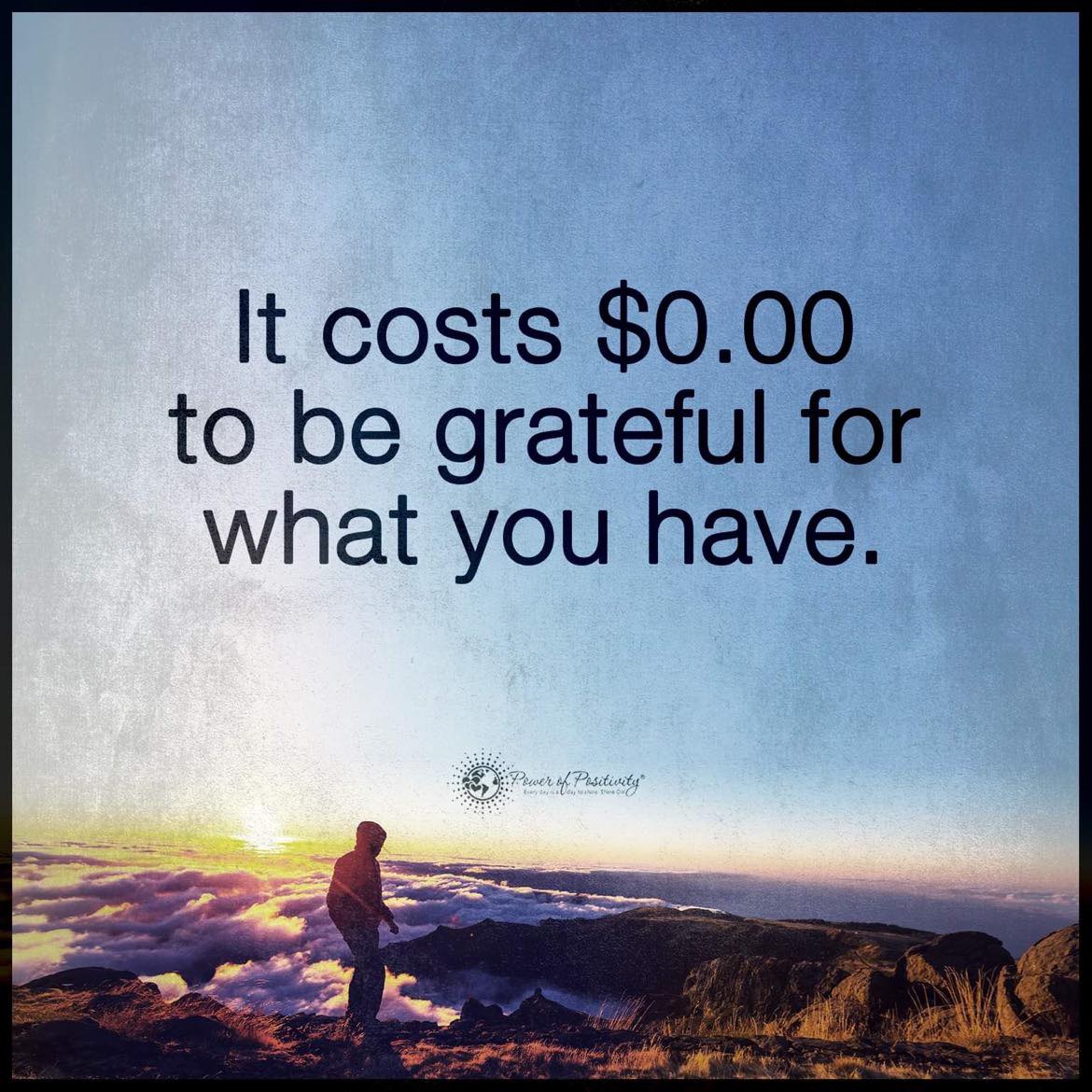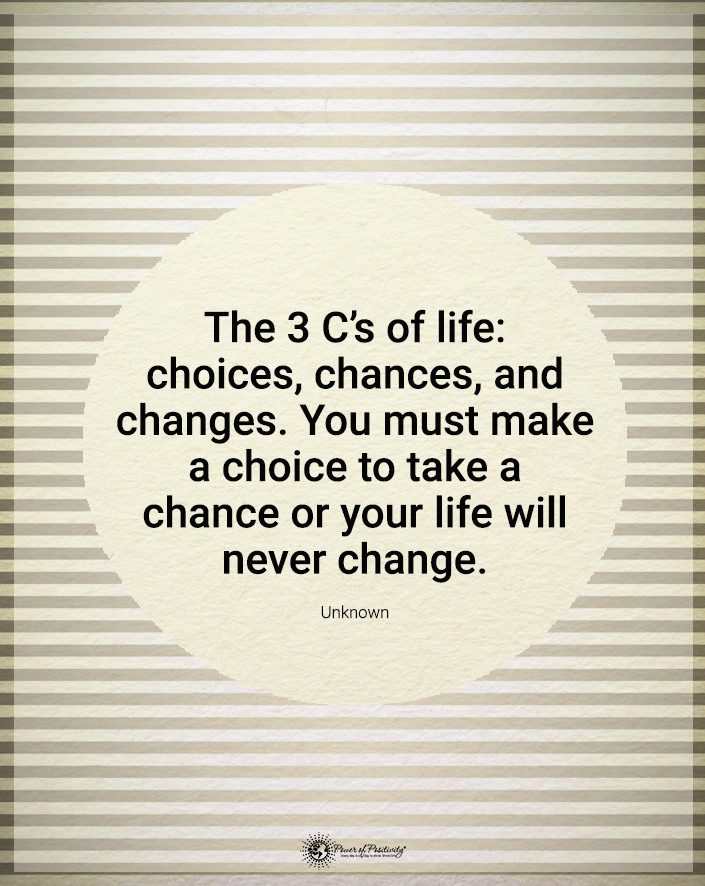Here is why your devices need digital decluttering.
It’s easy to overlook digital clutter’s subtle yet impactful presence in our world. While physical clutter is often visible and tangible, its digital counterpart can be just as disruptive, if not more so.
Renowned psychologist Dr. Susan Albers from the Cleveland Clinic, highlights an essential yet frequently ignored aspect of our modern lives: the consequences of digital clutter. This article delves into why digital clutter might be more detrimental than physical and provides actionable steps to address it.
The Hidden Weight of Digital Clutter
Imagine your phone as a virtual suitcase crammed with apps, photos, texts, and emails. Just like a physical suitcase overstuffed with belongings, this device overload can weigh on your mind and emotions.
Dr. Albers states digital clutter is “just as toxic to your mental health as physical clutter.”
It’s a silent stressor, constantly in the background, elevating your stress and anxiety levels without you even realizing it.
The Brain’s Desire for Order
Our brains are wired to seek order in chaos, says Dr. Albers. However, this innate preference is challenged when you face an the endless stream of digital information. Clutter, whether in your physical space or on your digital devices, disrupts this sense of order. The result is the same, with both leaving you feeling overwhelmed. This disorganization isn’t just uncomfortable; it actively hinders your ability to focus and be productive.
The Power of a Digital Audit
To combat electronic clutter, Dr. Albers recommends conducting a “digital audit.” This process involves critically examining your online spaces—your phone, computer, and other devices—and removing unnecessary items. Old emails, redundant apps, and text messages from years past are just a few examples of what might need to go. The goal is to streamline your digital life like you would declutter a physical space.
Organizing for Clarity
Creating folders and renaming files is not just about neatness; it’s about creating a system where you can find what you need quickly and efficiently. Think of it as creating a map for your digital world that allows you to navigate easily. Regularly updating and maintaining this organization is crucial. It’s not a one-time task but a habit that needs nurturing.
The Emotional Benefits of Decluttering
There’s an emotional upside to clearing out digital clutter. Dr. Albers points out that tidying up your electronic life can lead to feelings of control and empowerment. It’s about reclaiming your physical device space – and your mental space – and the sense of clarity that comes with it. This organized state not only aids in getting things done but also instills a sense of calm and order in your mind.
More Than Just Mental Health
While the focus is often on the mental health benefits, let’s not forget the practical side. Freeing up electronic space can enhance the performance of your devices. It’s like giving your digital tools a breath of fresh air, allowing them to run more efficiently and effectively.
Implementing Digital Decluttering in Your Life
Implementing a digital decluttering routine might initially seem daunting, but it’s similar to adopting any new habit. Start small. Consider deleting unused apps or old text messages. Gradually move towards larger tasks, like organizing your photo library or cleaning up your email inbox. The key is consistency. Make it a regular practice, like household cleaning, to prevent digital clutter from piling up again.
The Ripple Effect of a Decluttered Digital Space
The impact of a decluttered space goes beyond your devices. It can increase your overall quality of life. You’ll likely be more focused and less stressed with reduced digital clutter. As a result, you will enjoy improved productivity and a clearer mind. It’s a ripple effect that touches various aspects of your life, from work to personal relationships.
Ten Tips for Reducing Digital Clutter
Managing digital clutter has become essential for mental clarity and efficiency in an era where our lives are increasingly intertwined with digital technology. Here are ten practical tips to help you reduce digital clutter and reclaim your digital space.
1 – Unsubscribe from Unnecessary Emails to Reduce Digital Clutter
An overflowing inbox can be a significant source of stress. Take the time to unsubscribe from old newsletters and promotional emails. Stay opted into only essential things, eliminating other non-essential communication you no longer read. This reduces the volume of incoming emails and makes it easier to spot the important ones.
2 – Regularly Clear Out Old Messages to Declutter Your Digital Spaces
Old text messages and emails can accumulate quickly, taking up space and creating clutter. Make it a habit to periodically go through your messages and delete those that are no longer relevant. This will help keep your messaging platforms streamlined and more manageable.
3 – Organize Your Files and Folders for Digital Decluttering
Create a logical system of folders and subfolders to organize your files. This practice makes it easier to find what you need and reduces time wasted searching through a disorganized heap of documents. Regularly review and reorganize these folders to ensure they continue to meet your needs.
4 – Delete Redundant or Unused Apps
Over time, we often accumulate apps that we no longer use. These take up valuable space and can slow down your device. Go through your apps and uninstall those you haven’t used in a while. This will free up storage and declutter your home screen.
5 – Utilize Cloud Storage Wisely
Cloud storage is a fantastic tool for reducing physical storage needs but can also become cluttered. Use folders and clear naming conventions to keep your cloud storage organized. Regularly review and delete old or unnecessary files stored in the cloud.
6 – Set Digital Boundaries to Stop Re-cluttering Your Devices
Establish boundaries for your digital consumption. Try to limit the number of devices you use and your time on them. This can reduce the temptation to save unnecessary files, download new apps, or subscribe to more services, helping to keep digital clutter at bay.
7 – Conduct Regular Cleanups of Your Devices
Just like physical spaces, digital spaces need regular cleaning. Set aside time each week or month to go through your digital devices and clean up any accumulated clutter. This organization effort includes deleting old files, organizing documents, and clearing your browser history and cache.
8 – Manage Your Photos and Videos
Photos and videos can take up a vast amount of digital space. Use photo management software to organize them into albums, and don’t be afraid to delete duplicates or low-quality shots. Consider backing up important photos to an external hard drive or cloud service.
9 – Streamline Your Bookmarks and Online Accounts
Over time, we often accumulate a plethora of bookmarks and online accounts that we no longer use. Review and delete bookmarks that are no longer relevant. Then, deactivate or delete online accounts that you no longer need. This activity can significantly declutter your online life and reduce online security risks.
10 – Practice Mindful Downloading
Before downloading a new file or app or subscribing to a new service, ask yourself if it’s really necessary. Mindful downloading helps prevent the accumulation of digital clutter from the outset. It encourages you to be more selective about what you allow into your digital space.
When you implement these tips, you can significantly reduce your digital clutter. Thus, you lead yourself to a more organized, efficient, and mentally soothing digital environment. Remember, the key to managing digital clutter is ongoing maintenance and mindfulness about what you bring into your digital space.
Final Thoughts on Clearing Out the Digital Clutter
The significance of managing digital clutter cannot be overstated. It’s a vital aspect of our modern lifestyle that demands attention. We improve our mental health and general well-being by taking proactive steps to organize and declutter our electronic spaces. We also take back control of our time and productivity. So, take a moment to reflect on your organizational habits and consider embarking on a journey toward a cleaner, more organized digital life. It’s one tiny step that can lead to significant changes in both your virtual and physical worlds.

















 Community
Community

